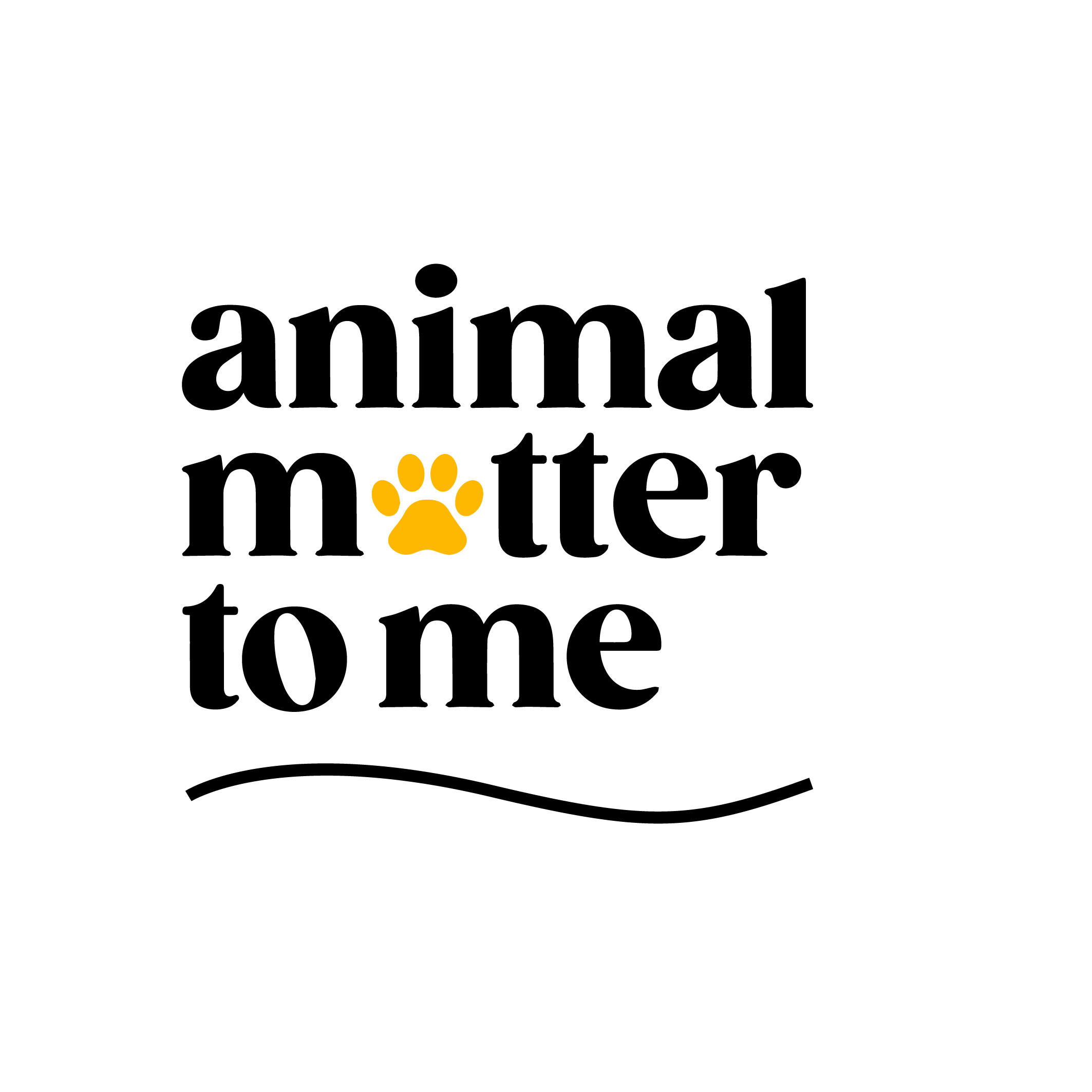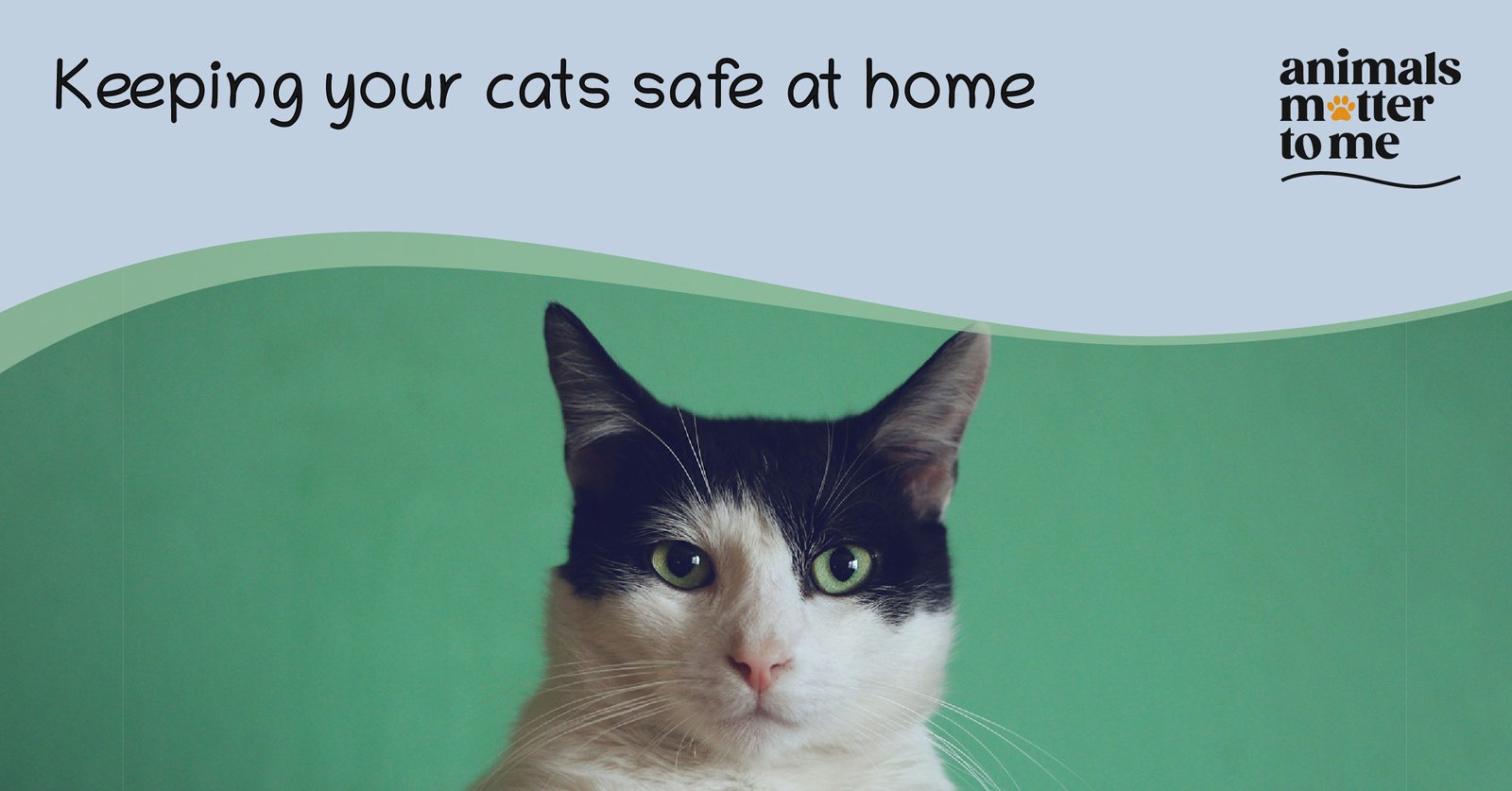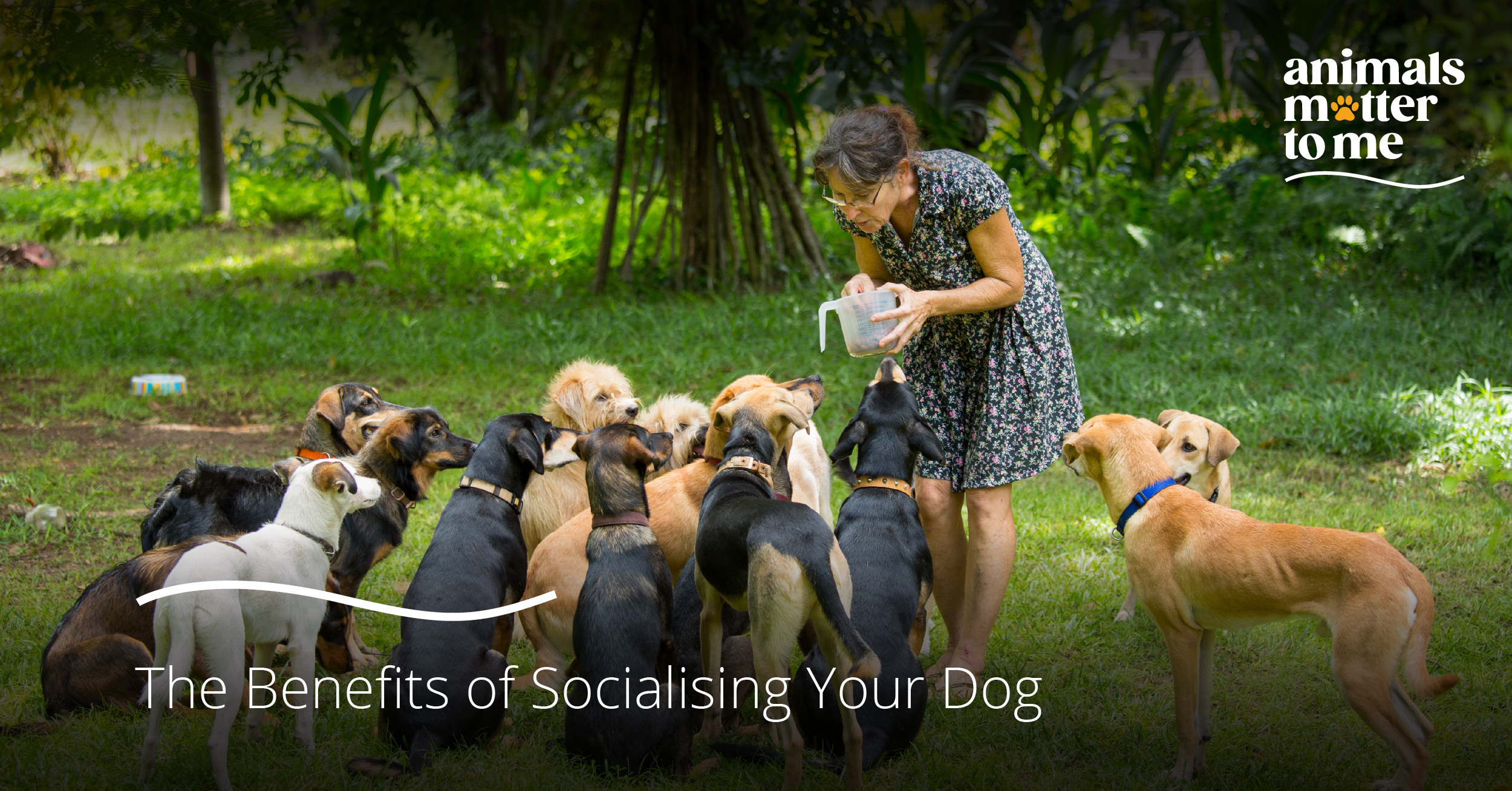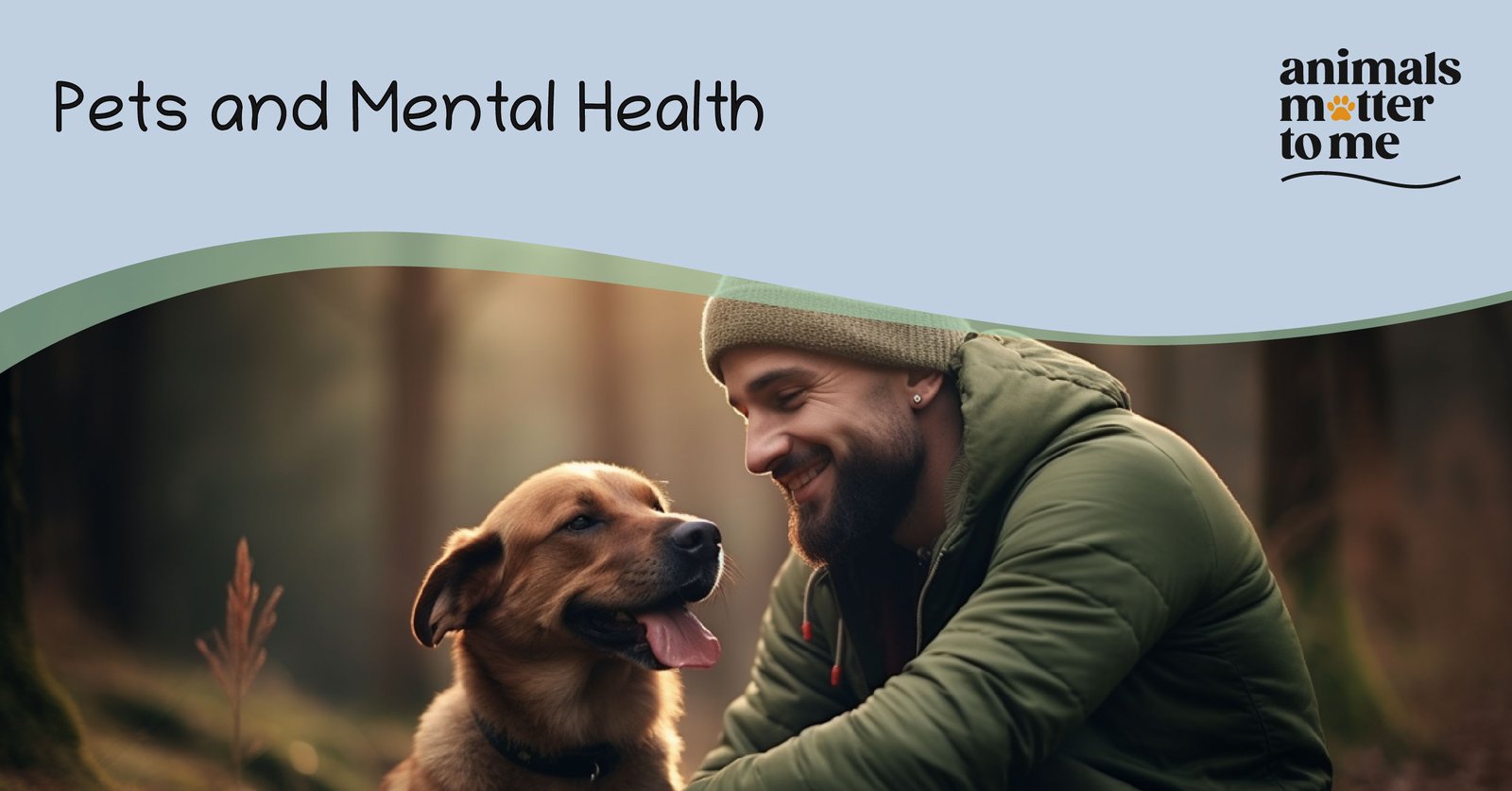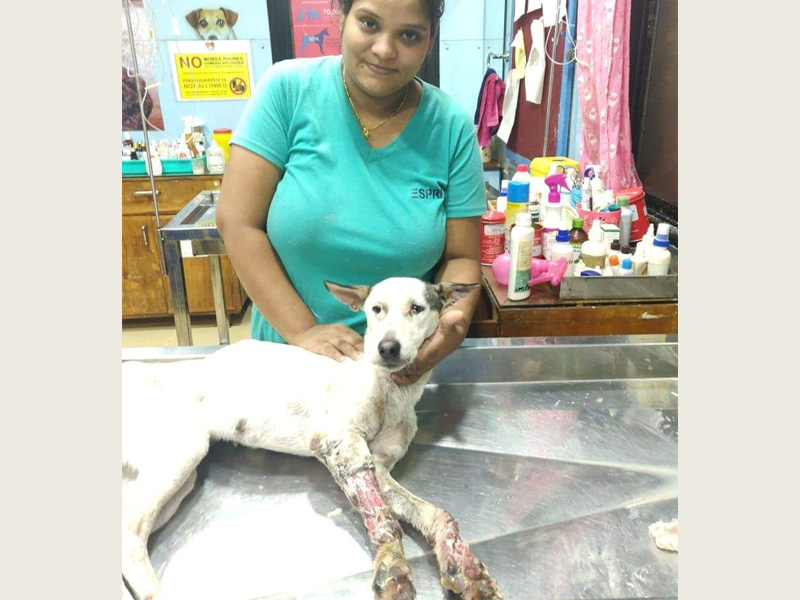Cats are well known for their curiosity. This can sometimes get them into harm’s way. While they are more careful eaters than dogs, they can be poisoned by unknowingly licking things off their paws or coat, and common things around the house can be toxic.
Here are 5 things commonly found around the house that can be poisonous and toxic to your pet cats.
Medication for humans: A cat’s body works very differently from humans, so you should never give your cat any drugs meant for people. Painkillers, especially paracetamol and ibuprofen are particularly dangerous.
Although vets do sometimes prescribe human medicines for cats, the dosage is very complex so don’t try it at home. Always follow your vet’s advice.
Mice and rat poison: Rodenticides can be highly toxic for your cat, either by coming into contact with the poison directly or by eating a mouse that has been poisoned. If you have a pet, it’s much safer to find alternate ways to get rid of your unwanted house guests.
Consider using a spring loaded rat trap or sticky pads instead. Ensure that these traps are still kept out of reach of your cats as they risk the possibility of getting hurt.
Flea or tick products: Spot-ons, flea collars, powders and shampoos are a common cause of poisoning in cats. This is usually down to using a treatment that was meant for dogs, giving them the wrong dose or using two types of treatment together.
It’s always better to buy your products from a vet.
But if you do get a shop-bought product, make sure you follow the directions very carefully or speak to your vet before use.
Household plants: Some common household plants such as lilies, aloe vera and monstera are highly toxic to your cats. If ingested, they can cause irreparable damage or even death, and must be avoided around your cats at all costs.
Even flowers such as tulips, gladioli and chrysanthemums contain toxins that can cause intense gastrointestinal irritation, drooling, loss of appetite, depression of the central nervous system, convulsions, and cardiac abnormalities.
If you’re planning to grow plants or flowers at home around your cats, ensure that you consult with your vet first.
Food Products: Onions, garlic, and chives contain compounds called thiosulfates that can damage red blood cells and cause anemia.
Chocolate, coffee, tea, and other caffeinated drinks and foods contain substances called methylxanthines that can cause vomiting, diarrhea, tremors, seizures, and even death.
Grapes and raisins can cause kidney failure in cats.
Alcohol can cause intoxication, vomiting, coma, and even death.
Raw eggs, meat, fish, and bones may contain bacteria or parasites that can cause food poisoning, and bones can splinter, causing internal injuries.
It is imperative to keep these foods safely away from your cats to avoid a possibly traumatic situation.
Common signs of poisoning include:
Staggering, shaking or other odd behavior
Red, raw, swollen or blistering skin, mouth, throat or paws
Vomiting
Drooling
Collapsing or fatigue
Difficulty breathing
It’s possible that your cat may also have been poisoned if they go off their food for a day or more so it’s worth calling your vet for advice.
Some illnesses, like kidney disease or severe gastroenteritis, can be mistaken for poisoning and both of these can have a sudden start.
As always, when in doubt, call the vet.
Thus, with a few mindful considerations around the house, both you and your cat(s) can live carefree, healthy and fulfilling lives.
